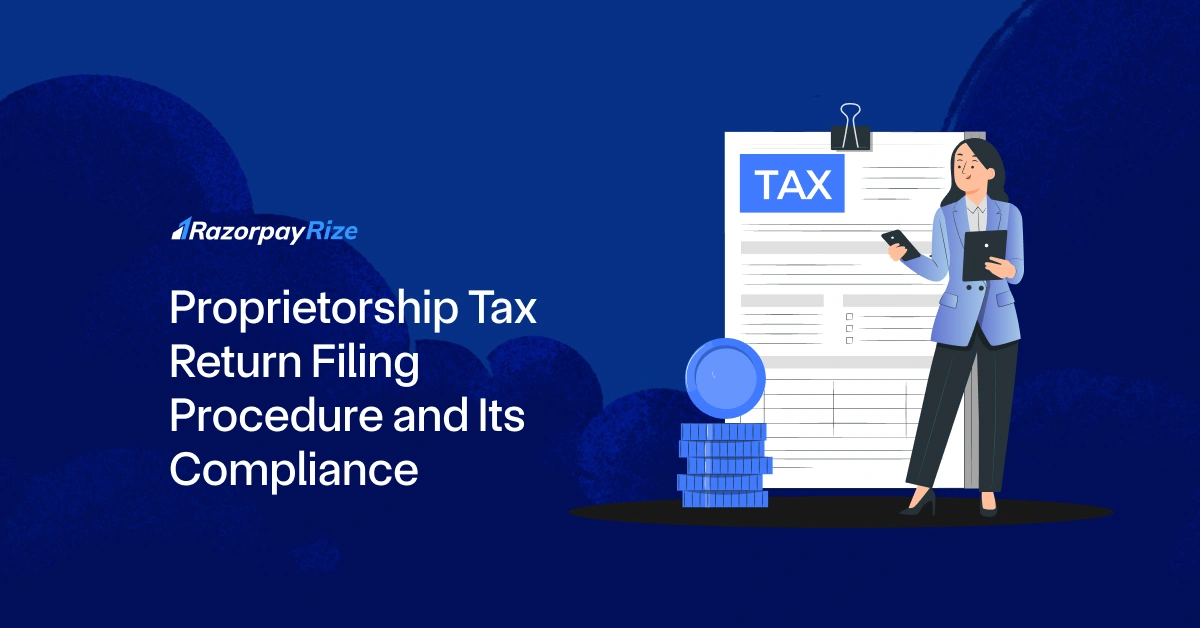When you hear about startups raising millions of dollars or listed companies being called “overvalued” or “undervalued,” the concept at the centre of it all is company valuation. Whether you’re an investor evaluating opportunities, a business owner planning to raise capital, or a professional analysing market trends, understanding how a company’s value is calculated is essential.
In this guide, we’ll break down what company valuation means, how to calculate it, key formulas, real-world examples, and why it’s essential.
Table of Contents
What is the valuation of a company?
Company valuation is the process of determining a business's financial worth or fair value. It is not just about looking at profits or assets- it’s about considering both financial and non-financial factors that influence the company’s value.
For example:
- Financial factors include revenue, profit margins, debt levels, and cash flows.
- Non-financial factors include brand reputation, customer base, intellectual property, and market potential.
A valuation helps stakeholders, founders, investors, lenders, or acquirers understand the true worth of a company for purposes like fundraising, mergers & acquisitions, taxation, or stock market investing.
How to calculate company valuation?
There is no single method to calculate company valuation. Instead, there are three primary approaches commonly used:
1. Income Approach
- Focuses on the company’s future earnings potential.
- The most common method here is the Discounted Cash Flow (DCF) model.
- DCF estimates the present value of future cash flows, adjusted using the Weighted Average Cost of Capital (WACC).
- Useful for startups and growing companies where future cash flows are expected to be significant.
2. Asset Approach
- Focuses on the net value of the company’s assets after deducting liabilities.
- Often called the Net Asset Value (NAV) method.
- Formula: NAV = (Fair Value of Total Assets – Total Liabilities).
- Suitable for asset-heavy businesses like real estate, manufacturing, or holding companies.
3. Market Approach
- Values a company by comparing it with similar businesses in the market.
- Uses multiples such as:
- Price-to-Earnings (P/E) Ratio
- Price-to-Sales (P/S) Ratio
- Price-to-Book Value (PBV) Ratio
- Helps determine whether a company’s stock is undervalued or overvalued compared to peers.
Key metric: EBITDA (Earnings Before Interest, Tax, Depreciation, and Amortisation) is often used in valuation since it reflects a company’s operating performance without non-cash and non-operating costs.
Company Valuation Formula
There is no one universal formula for valuation- different methods use different formulas. Here are some of the most widely used:
1. Asset Approach (Net Asset Value)
NAV = Fair Value of Assets - Total Liabilities
Example: If a company has assets worth ₹100 crore and liabilities worth ₹40 crore, its NAV = ₹60 crore.
2. Income Approach (Discounted Cash Flow)

Where,
CFt = Cash flow in year t
W ACC = Weighted Average Cost of Capital
t = Time period
This gives the present value of all future cash flows.
3. Market Approach Ratios
- P/E Ratio

- P/S Ratio

- PBV Ratio

These ratios are compared with industry averages to determine valuation.
Company Valuation Examples
Example 1: Discounted Cash Flow (DCF)
Suppose a company is expected to generate free cash flows of ₹10 crore annually for the next 5 years. The discount rate (WACC) is 10%.

= ₹37.9 crore (approx).
If the market cap of the company is ₹30 crore, the stock may be undervalued.
Example 2: Relative Valuation (P/E Ratio)
- Company A’s P/E ratio = 18x
- Company B’s P/E ratio = 12x
- Industry average P/E ratio = 15x
Here, Company A is trading above the industry average (possibly overvalued), while Company B is trading below (perhaps undervalued).
Importance of Calculating a Company’s Valuation
- For Investors: Helps identify whether a stock is overpriced or a good buying opportunity.
- For Founders: Essential during fundraising, mergers, acquisitions, or strategic exits.
- For Lenders: Determines the borrowing capacity and creditworthiness of a business.
- For Markets: Provides transparency and helps maintain fair pricing of securities.
- For Business Growth: Guides decision-making on expansions, investments, and restructuring.
Frequently Asked Questions (FAQs)
Private Limited Company
(Pvt. Ltd.)
- Service-based businesses
- Businesses looking to issue shares
- Businesses seeking investment through equity-based funding
Limited Liability Partnership
(LLP)
- Professional services
- Firms seeking any capital contribution from Partners
- Firms sharing resources with limited liability
One Person Company
(OPC)
- Freelancers, Small-scale businesses
- Businesses looking for minimal compliance
- Businesses looking for single-ownership
Private Limited Company
(Pvt. Ltd.)
- Service-based businesses
- Businesses looking to issue shares
- Businesses seeking investment through equity-based funding
One Person Company
(OPC)
- Freelancers, Small-scale businesses
- Businesses looking for minimal compliance
- Businesses looking for single-ownership
Private Limited Company
(Pvt. Ltd.)
- Service-based businesses
- Businesses looking to issue shares
- Businesses seeking investment through equity-based funding
Limited Liability Partnership
(LLP)
- Professional services
- Firms seeking any capital contribution from Partners
- Firms sharing resources with limited liability
Frequently Asked Questions
What is the information required to calculate a company’s valuation?
To calculate a company’s valuation, you need both financial and non-financial information. Key details include:
- Financial Statements – Balance Sheet, Profit & Loss Statement, and Cash Flow Statement.
- Revenue & Profitability Metrics – EBITDA, Net Profit, Gross Margin.
- Assets & Liabilities – Tangible and intangible assets, debts, and goodwill.
- Market Data – Share price, industry benchmarks, comparable company ratios.
- Growth Projections – Future revenue, profit, and cash flow estimates.
Discount Rate – Weighted Average Cost of Capital (WACC) or required return rate.
Which company has a high valuation in India?
As of 2025, Reliance Industries Limited (RIL) and Tata Consultancy Services (TCS) consistently rank among the highest-valued companies in India by market capitalisation. Reliance dominates in energy, retail, and telecom, while TCS is a global IT services leader. Other high-valuation players include HDFC Bank, Infosys, and ICICI Bank.
How to calculate a company's valuation from equity?
A company’s valuation from equity is generally calculated using:
Equity Value = Share Price × Number of Outstanding Shares
For example, if a company’s share price is ₹1,000 and it has 1 crore outstanding shares:
Equity Value = ₹1,000 × 1,00,00,000 = ₹10,000 crore
Equity Value represents the market’s perception of the company’s worth, excluding debt.
How to calculate company valuation from revenue?
Valuing a company from revenue is usually done using the Price-to-Sales (P/S) ratio:
Valuation = Revenue × P/S Multiple
For instance, if a company generates ₹500 crore in annual revenue and the industry average P/S multiple is 4x:
Valuation = 500 × 4 = ₹2,000 crore
This method is often used for early-stage or loss-making companies where profits aren’t stable.
What are the ways to value a company?
The main ways to value a company include:
1. Asset Approach – Based on Net Asset Value (NAV).
- Formula: NAV = Total Assets – Total Liabilities
2. Income Approach – Based on future earnings or cash flows.
- Most common: Discounted Cash Flow (DCF) method.
3. Market Approach – Based on market multiples and comparables.
- Metrics: P/E ratio, P/S ratio, PBV ratio, EV/EBITDA.
4. Comparable Transactions Method – Comparing the valuation of similar companies sold/acquired.
5. Industry-Specific Methods – For example, startups often use Revenue Multiples, while banks may use Book Value multiples.

















